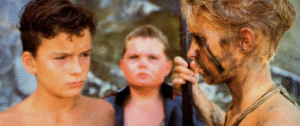
A theme in literature is the central idea or underlying message that a story communicates. While the plot tells us what happens, the theme explores why those events matter. It gives shape to meaning by linking character decisions, conflicts, and resolutions to universal human concerns.
Themes may be stated directly, but more often they emerge subtly through character actions, symbolism, or recurring patterns.
Examples:
The Lord of the Rings: the burden of responsibility and temptation highlights themes of sacrifice, courage, and resilience.
Beloved: memory and trauma bring forth themes of identity, motherhood, and the haunting power of the past.
1984: surveillance and control express themes of authoritarianism and the fragility of truth.
(from literatureandlatte.com)
Recently, I heard someone say that character comes from theme, that different characters may reflect different aspects of the theme, and that this is what causes conflict/tension. Their flawed attitude towards the theme is what needs to undergo transformation, resulting in the arc towards personal growth. This flaw often reveals backstory and defines what they must overcome if the story is to have a happy ending.
In Lord of the Flies, William Golding uses characters to explore human nature, civilisation, and the descent into savagery. The boys on the island serve as allegorical figures, each representing different aspects of society, psychology, or moral philosophy. Understanding their roles, development, and interactions is key to interpreting the novel’s broader themes.
Ralph
Ralph is the novel’s protagonist and represents order, leadership, and civilisation. From the beginning, Ralph is elected leader by the boys and initially demonstrates a sense of responsibility, focusing on building shelters and maintaining a signal fire for rescue. He symbolises democracy and collective effort, but struggles to maintain authority as the boys increasingly reject civilisation.
Leadership Qualities: Ralph is natural, charismatic, and fair-minded. He represents the ideal of a just leader, who is concerned with the welfare of the group. He frequently expresses his belief in rescue and the importance of keeping the fire going.
Moral Struggle: Throughout the novel, Ralph wrestles with the challenges of leadership and the pull towards savagery. His gradual realisation of mankind’s capacity for evil is significant, particularly after Simon’s death. Ralph’s understanding that “the darkness of man’s heart” is universal marks his loss of innocence.
Symbolism: Ralph symbolises civilisation, order, and reason. As the story progresses, his inability to maintain control mirrors the collapse of society on the island.
Jack
Jack Merridew serves as the novel’s main antagonist, representing savagery, dictatorship, and the desire for power. Initially the leader of the choirboys, Jack quickly becomes a symbol of the human inclination towards dominance and violence.
Descent into Savagery: Jack’s obsession with hunting and bloodlust grows steadily throughout the novel. His painted face liberates him from shame and self-consciousness, allowing him to embrace violence without remorse. Golding describes this transformation: “the mask was a thing on its own, behind which Jack hid, liberated from shame and self-consciousness.”
Conflict with Ralph: Jack’s relationship with Ralph is central to the novel’s exploration of power. Jack’s challenge to Ralph’s leadership escalates into a full-blown struggle between civilisation (Ralph) and savagery (Jack). He rejects the democratic system established by Ralph, instead favouring a system based on fear and violence.
Symbolism: Jack symbolises the darker side of human nature – the drive for power, the embrace of chaos, and the rejection of social order. He is a representation of tyranny and anarchy.
(from revisionworld.com)
Experience
I’ve never consciously started writing a novel with theme in mind; it’s always something that I’ve noticed I’ve explored in retrospect. I find the idea of starting with a theme and developing characters who embody different elements of that theme intriguing, and may experiment with it.
Final Thoughts
What theme/s appear in your novel?
What themes are explored in your favourite books?
Structuring Scenes
How to craft scenes with purpose
I watched another excellent webinar recently. The content was helpful as both a planning tool and as an editing tool. Scene structure mimics story structure, but on a…
On The Honest Authors’ podcast, Gillian McAllister once mentioned that she was asked, “Do you really think that?” about something controversial she’d written in one of her novels….
Bear With Me! Okay, this is probably a weird analogy but this is how my (bird-brained!) mind works. So, in terms of the title question, I’ve thought long…


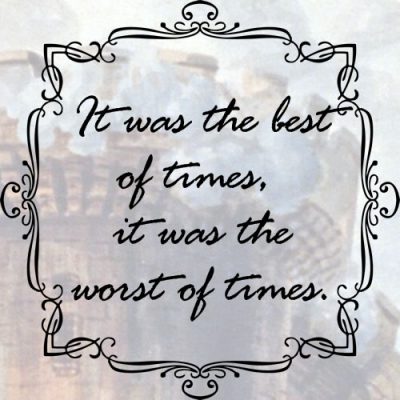
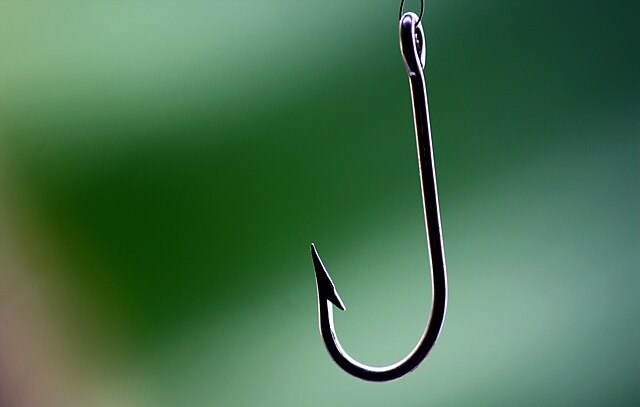
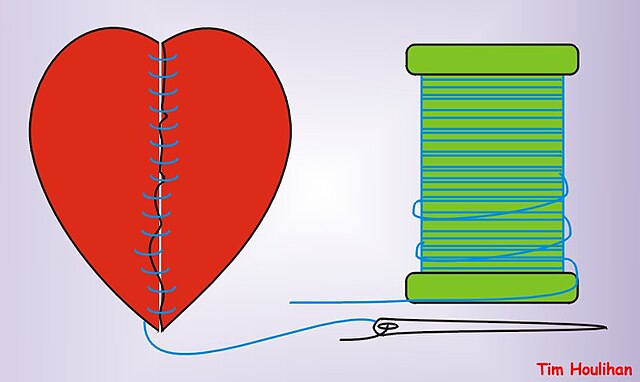
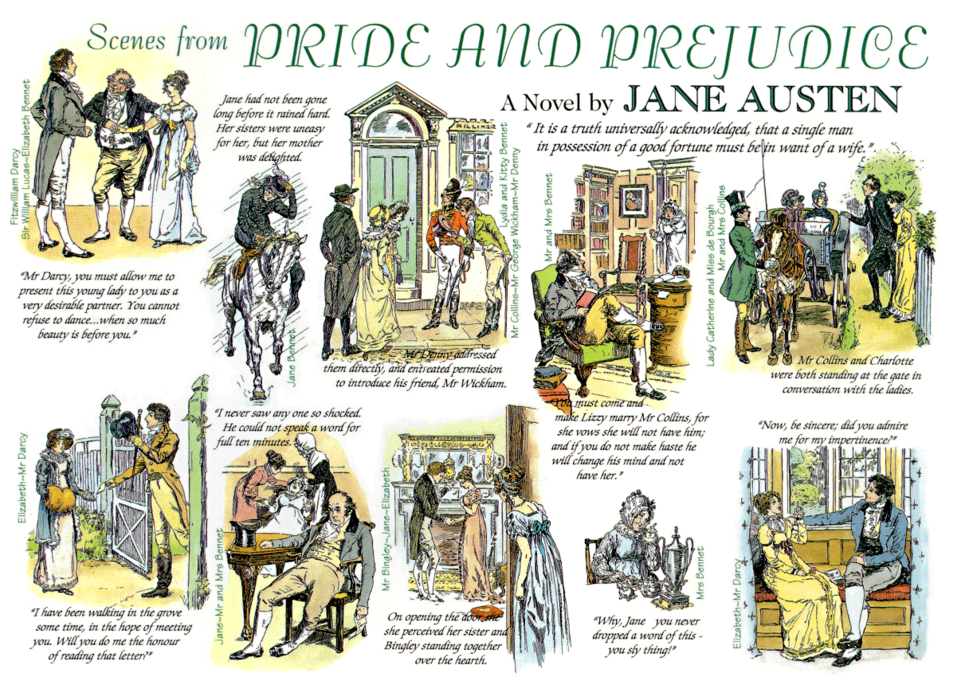
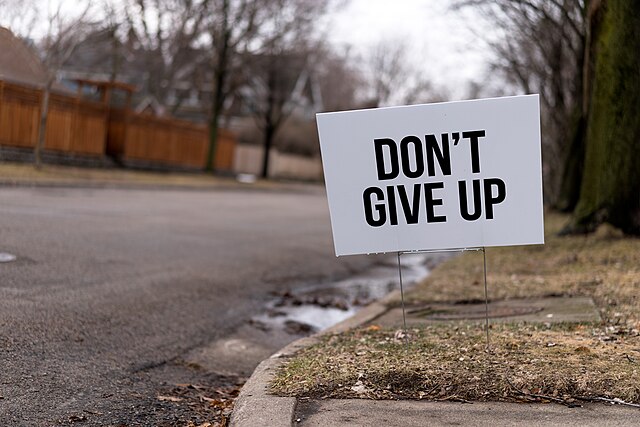
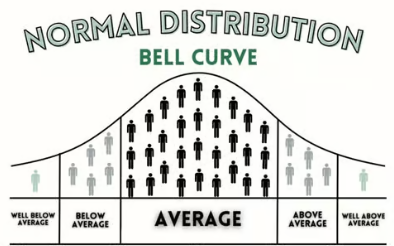
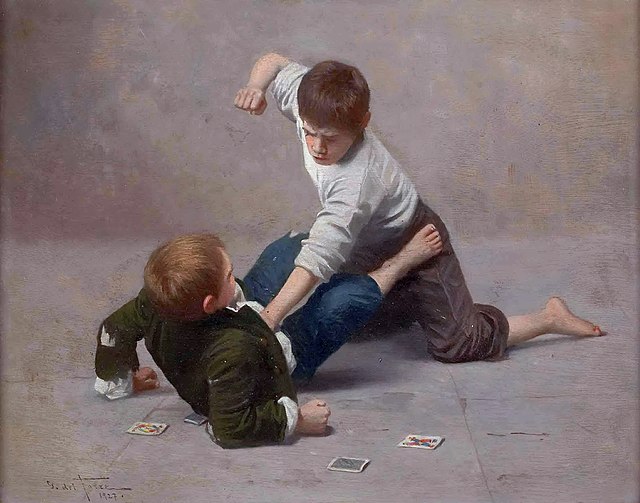
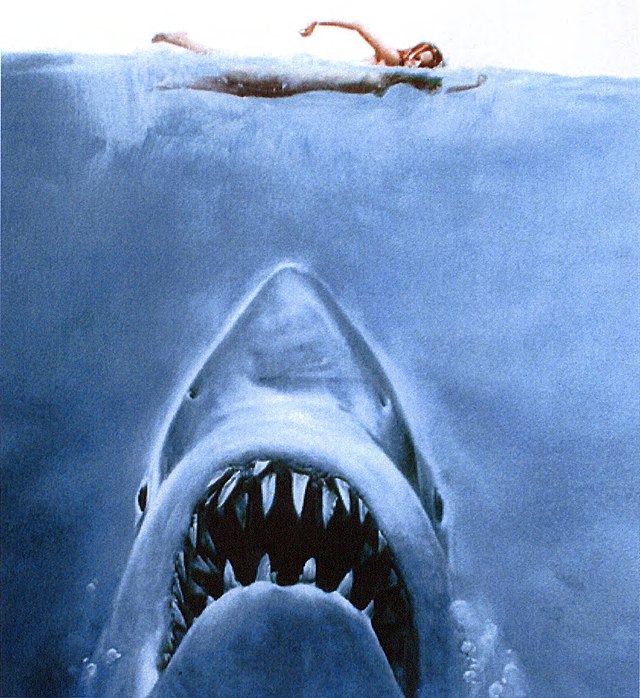
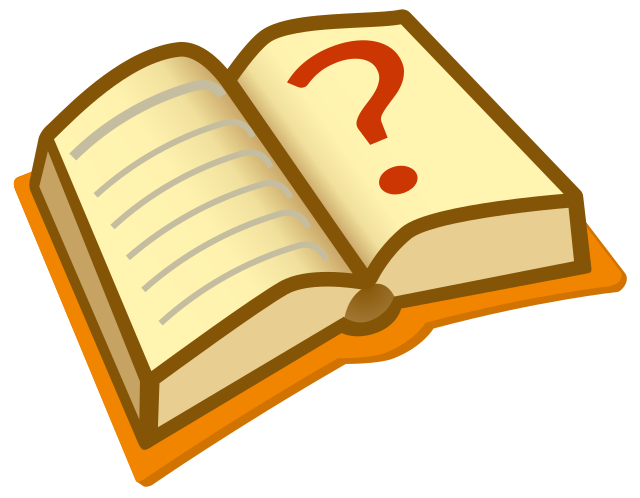





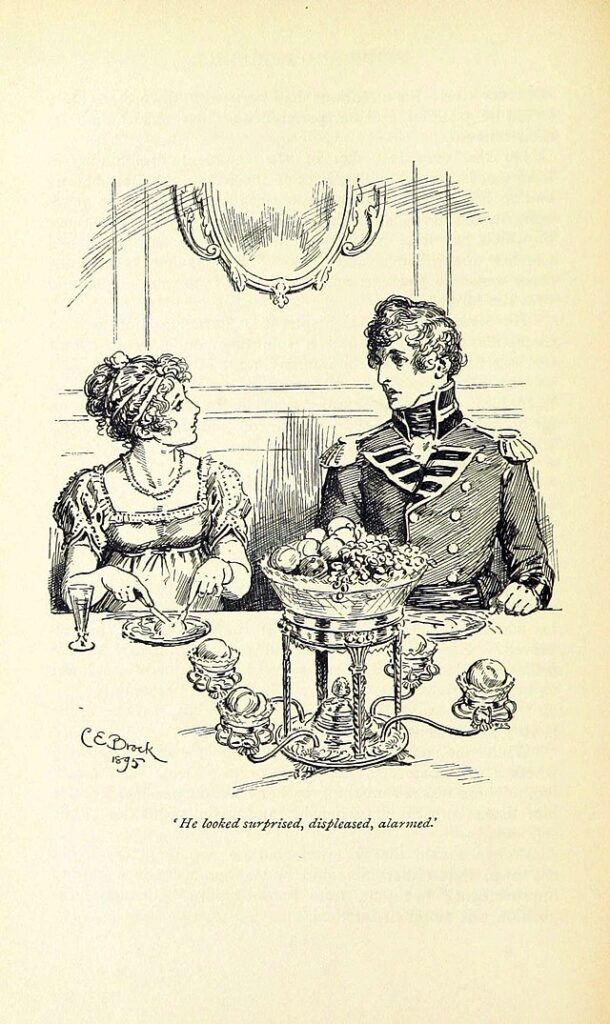
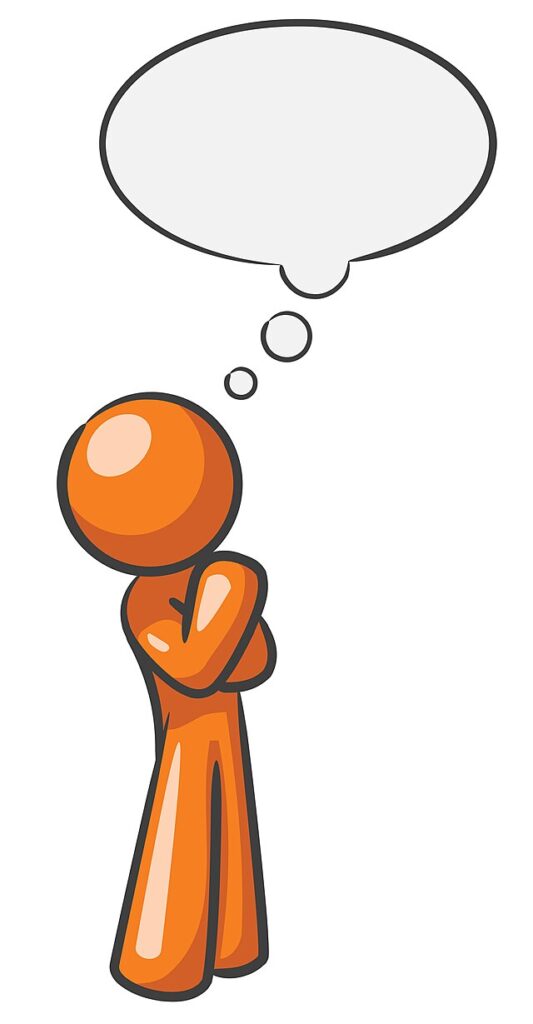
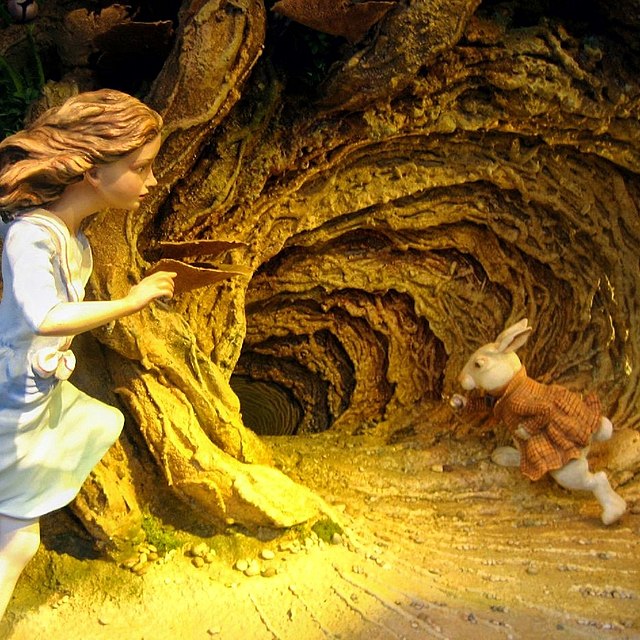
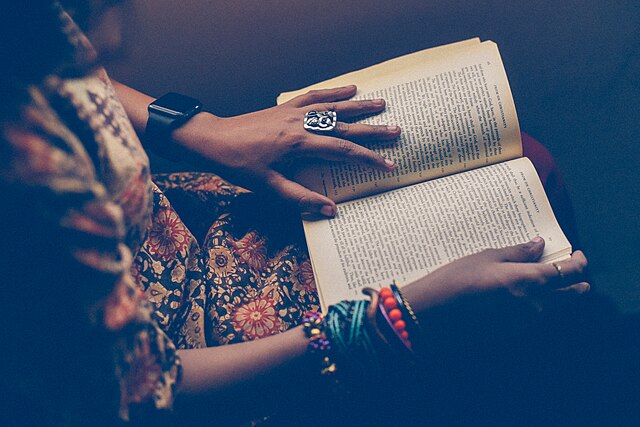
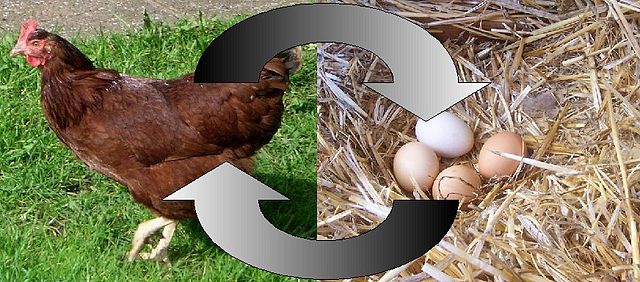
I’ve been thinking about this over the last few days, since reading your post. In relation to my own writing, I always start with character, but the theme comes quickly before any plot. And I’m worried to realise that my central theme is always the same – namely Outsider Identity… Read more »
Outsider Identity is a great theme to explore. I think authors often return to the same theme, so I wouldn’t worry, but perhaps you could experiment with others and might get interesting results? My latest novels seem to focus on revenge. I’m not sure what this says about me!